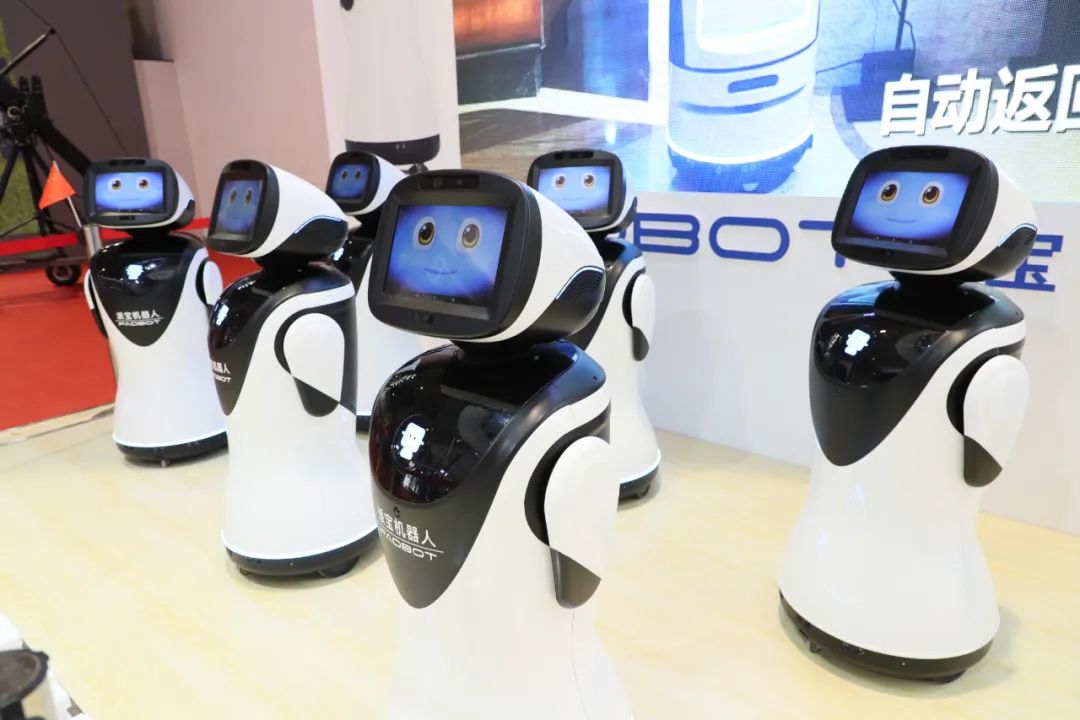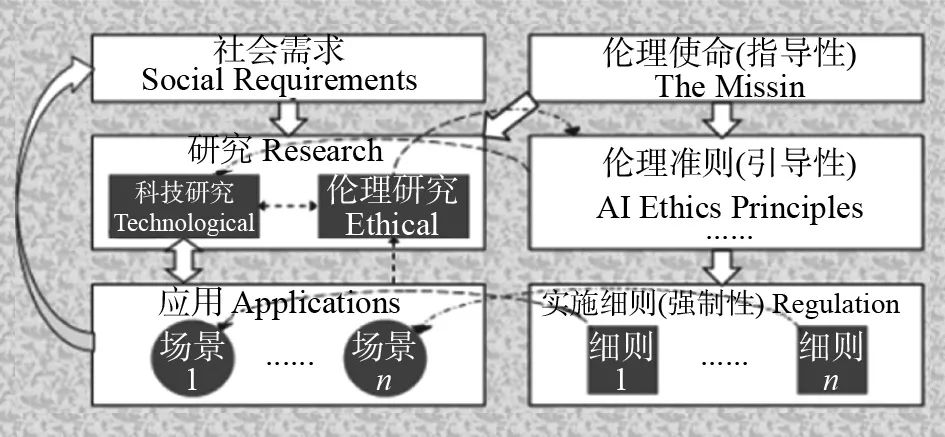The World's Top Scientists Focus On AI Cutting-edge And Ethical Challenges
The World's Top Scientists Focus On AI Cutting-edge And Ethical Challenges
Cover News reporter Zhang Zheng, Bian Xue, Tan Yuqing, Ma Xiaoyu, if you can order Chat GPT to inquire about how to make weapons, if humans play chess with robots that have been trained millions of times, if companies use recruitment templates provided by artificial intelligence
Cover News Reporter Zhang Zheng Bian Xue Tan Yu Qing Ma Xiaoyu
If we could give Chat GPT the method of making weapons, if humans played chess with robots that have been trained millions of times, and if enterprises used the recruitment template provided by artificial intelligence, what would the future AI-filled world become? How to deal with the potential risks brought by AI?

How will artificial intelligence affect humans?
On October 26, at the 2024 World Top Scientists Forum - The Intelligent Science Conference of the World Top Scientists, top scientists from around the world gathered together to discuss "develop a scientific AI governance framework for the sustainable development of mankind."
In the keynote speech, E Weinan, an academician of the Chinese Academy of Sciences and director of the International Machine Learning Research Center of Peking University, Joseph SFKiss, winner of the 2007 Turing Award and dean of the Trusted Autonomous Systems Research Institute of Southern University of Science and Technology, and Jon Kleinberg, winner of the 2024 World Top Scientists Award for Intelligent Science or Mathematics Award and Professor of Computer Science and Information Science at Cornell University, shared their research results and thoughts from different angles.
AI helps scientific research: interdisciplinary cooperation is required
What kind of sparks can AI science burst out? E Weinan introduced in detail the application of artificial intelligence (AI) in scientific research. "With the help of artificial intelligence, we can develop more and more effective tools. A long time ago, we launched an open source platform for students, and we look forward to more people benefiting." The new AI will call for cooperation and break the barriers between disciplines. E Weinan called for a new research paradigm to "arm" scientific research with more effective data.
E Weinan
Taking materials science as an example, he mentioned an AI model called "uni-mol". Taking the new display technology organic light-emitting diode (OLED), which is widely used in major smartphones and TVs, as an example, if you want to discover better luminous materials, traditional material design requires relying on expert experience and a lot of experimental verification, and the trial and error cost is extremely high. If AI models are used for prediction and screening, a lot of time and cost can be saved.
In the past, doing experiments was a necessary way to conduct scientific research. Now we can have different expectations, "We can use experiments to collect data" and then make full use of the help of algorithms and big models.
Technology development: It must conform to human values
Turing Award winner Joseph Sfakis focuses on AI ethics and deeply analyzes the challenges and risks faced by AI technology in practical applications. He pointed out that with the rapid development of AI technology, the possible security and ethical issues in the decision-making process are becoming increasingly prominent. For example, AI systems may not be able to fully comply with human values and moral standards when dealing with complex tasks, thus raising a series of social ethical issues.

Joseph Sfakis
"We cannot ignore the potential risks of AI technology in practical applications, especially in areas involving personal privacy and data security." The scientist stressed. "In order to ensure that AI development can better serve human society, we need to establish a global regulatory framework and formulate clear ethical guidelines."
He called for strengthening interdisciplinary research, promoting the participation of experts and scholars in different fields, and forming a comprehensive and systematic set of AI ethical standards. In addition, he also advocates strengthening the public's understanding and understanding of AI ethics and improving society's acceptance and support for the application of AI technology.
"In the future, we need to focus more on its long-term impact on the economy and society while innovating technologically, and ensure that technological development is in line with the common interests of mankind." The scientist concluded.
Algorithm prediction: Application and challenges of AI in social decision-making
Jon Kleinberg, winner of the 2024 World Top Scientists Award "Intelligent Science or Mathematics Award" and Professor of Computer Science and Information Science at Cornell University, discussed the application and challenges of algorithm prediction in social decision-making at the forum. With the development of the Internet, algorithmic prediction has become an important tool for social decision-making and is widely used in areas such as recruitment and risk assessment.

Jon Kleinberg
Kleinberg showed a screenshot of users’ browsing behavior on social media, “The algorithm will focus on your viewing behavior, predict that it might be something you are interested in, and then, of course, push the same type of content to you.”
There are bias and fairness issues in algorithmic prediction. Kleinberg specifically mentioned that the results of algorithmic predictions are often affected by data sources and model design. For example, some companies use algorithms to screen resumes and evaluate candidates during the recruitment process, however, these algorithms are often trained based on historical data, which can lead to unfair treatment of certain groups.
To deal with these problems, Kleinberg recommends using a combination of multiple algorithms to avoid the risks brought by a single algorithm. He emphasized that complementarity between different algorithms can improve the accuracy and fairness of decision-making. "Future research needs to focus more on the social impact of algorithms and ensure that technological development can better serve human society," Kleinberg concluded.
(The photos in this article are provided by the official forum of the World's Top Scientists)





